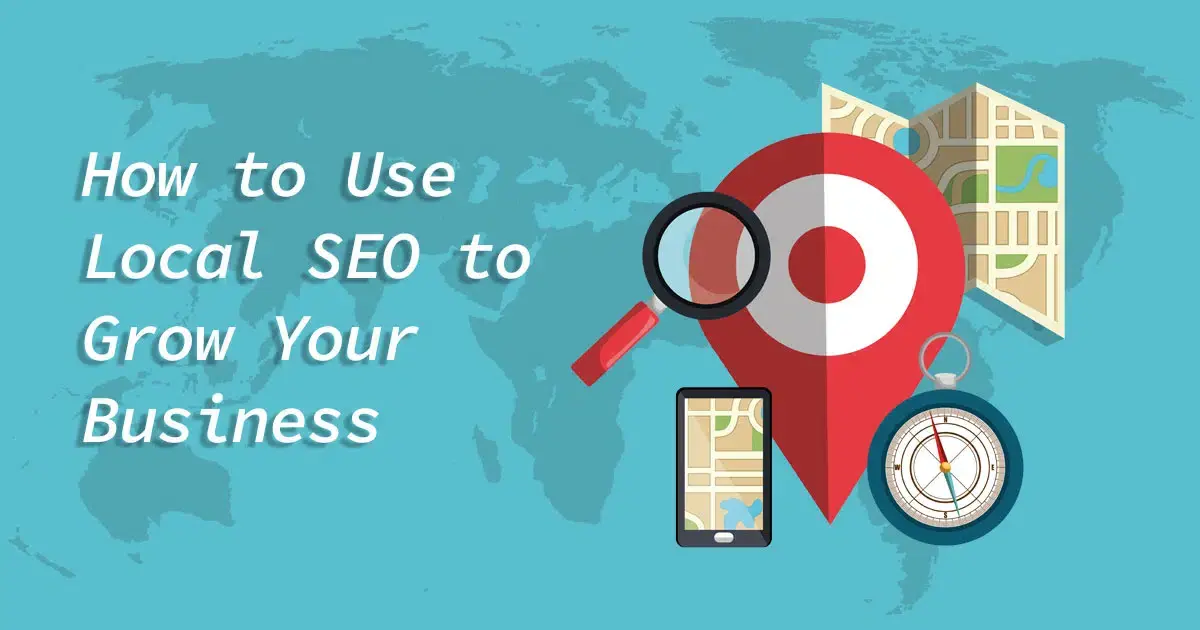Over 90% of home buyers begin their property search online, making search engine optimization (SEO) a critical component of any real estate marketing strategy. Without proper SEO, your website may struggle to rank, reducing visibility and missing out on potential clients. A well-optimized site ensures your business appears in relevant searches, driving organic traffic and high-quality leads.
Here are some SEO tips for real estate companies:
Optimize for Local SEO
Local SEO is essential for real estate companies since home buyers and sellers search for properties and agents in specific areas. Optimizing for local keywords helps your website rank for searches like "homes for sale in [city]" or "best real estate agents near me."
Start by claiming and optimizing your Google Business Profile, ensuring that your name, address, and phone number (NAP) are consistent across all online directories. Add high-quality images, encourage positive client reviews, and update your listing with accurate business details. Including neighborhood-specific content on your website also boosts local rankings.
Conduct Comprehensive Keyword Research
Targeting the right keywords is the foundation of a successful real estate SEO strategy. Use keyword research tools to find terms that potential clients use when searching for properties or realtors.
Incorporate a mix of short-tail and long-tail keywords, such as "real estate agent" and "luxury condos for sale in Miami." Long-tail keywords have lower competition and attract highly targeted leads. Optimize your website content, meta descriptions, and property listings with these keywords to improve search rankings.
Create High-Quality, Valuable Content
Content marketing plays a major role in real estate SEO by attracting potential buyers and establishing authority. Regularly publishing blog posts, neighborhood guides, and market trend reports can help improve search visibility.
Answer common client questions, such as "How to finance a home purchase?" or "What are the best neighborhoods for families?" Providing useful and informative content not only increases engagement but also positions your company as a trusted real estate resource.
Optimize Property Listings for SEO
Each property listing on your website should be fully optimized to rank higher in search results. Use compelling, keyword-rich property descriptions that highlight key features. Instead of generic phrases like "beautiful home," describe specifics such as "modern three-bedroom home with waterfront views in San Diego."
High-quality images and virtual tours improve user experience and keep visitors engaged longer. Implement structured data (schema markup) to enhance how your listings appear in search results, making them more attractive to potential buyers.
Improve Website Speed and Mobile-Friendliness
A slow-loading website can frustrate visitors and negatively impact rankings. Studies show that 53% of mobile users abandon a site if it takes longer than three seconds to load. Ensuring your website is fast and mobile-friendly enhances user experience and boosts SEO.
Compress images, minimize unnecessary code, and use a responsive design that adapts to different devices. A mobile-optimized site makes it easier for users to browse property listings and contact your real estate company.
Build High-Quality Backlinks
Backlinks from authoritative websites signal trust and credibility to search engines, improving rankings. Focus on earning links from reputable real estate blogs, local business directories, and industry publications.
Guest posting on high-traffic real estate websites and collaborating with local businesses can generate valuable backlinks. Avoid spammy link-building tactics, as they can lead to penalties from search engines. Quality over quantity is the key to an effective backlink strategy.
Leverage Video Marketing for Better Engagement
Video content has become one of the most powerful tools for real estate digital marketing. Virtual property tours, client testimonials, and neighborhood overviews help potential buyers connect with your brand.
Optimize your videos by including keyword-rich titles, descriptions, and captions. Sharing video content on YouTube, social media, and your website can increase engagement and drive more organic traffic to your real estate listings.
Utilize Social Media to Boost Visibility
While social media doesn't directly impact search rankings, it plays a crucial role in increasing brand awareness and website traffic. Platforms like Instagram, Facebook, and LinkedIn allow real estate companies to showcase listings and interact with potential buyers.
Consistently posting market updates, home-buying tips, and property highlights can attract more engagement. Encouraging shares and discussions can also increase your reach, driving more visitors to your website.
Monitor SEO Performance and Adjust Strategies
SEO is an ongoing process that requires constant monitoring and refinement. Use tools like Google Analytics and Search Console to track website performance, keyword rankings, and traffic sources.
Regularly updating content, optimizing underperforming pages, and staying informed about search engine algorithm updates will help maintain a strong online presence. Adapting your SEO strategy based on data-driven insights ensures long-term success.
Take Action to Improve Your Real Estate SEO
Implementing these SEO strategies can significantly enhance your real estate company’s online visibility, helping you attract more leads and stay competitive. The sooner you start optimizing your website and content, the sooner you’ll see results.
Take the next step today and strengthen your real estate SEO for lasting success!
































